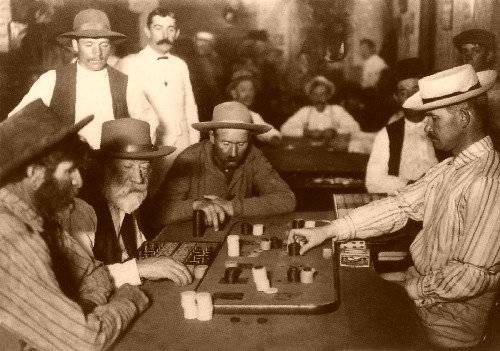It seems like yesterday it was possible to sit on the couch, start up your laptop, deposit some money and play some poker online. Boy, those were the good ‘ol days. Of course, they were short. Due to online poker companies headquarters being offshore to avoid shady legislation, and the financial thirst of a government in financial decline – one knew it was only a matter of time before the crackdown began. So what has been happening with overturning this legislation lately? Well not that much, one of the biggest news stories regarding this as of late would be how an opponent to the online poker world has donated 10 million dollars to Newt Gingrich’s campaign. So, if Newt gets elected, there will clearly be no change in the current online poker laws.
Until the online poker world gets ‘sorted out’ – there are other options for those of us who prefer gambling online over sports and games (as opposed to the stock market). For example, playing bingo online has been gaining popularity, as well as sports betting websites. Regarding these options and online poker, here’s a short timeline to keep you in the know:
A Quick History Of Online Gambling Laws
1961 – The Interstate Wire Wager Act of 1961 bans bets over telecommunications systems that cross state lines or national borders.
2006 – The Unlawful Internet Gambling Enforcement Act of 2006 curbs a boom in online gambling by prohibiting businesses from accepting payments from a bet or wager that involves the use of the Internet. Online gambling sites, which previously generated an estimated $6 billion a year from poker alone, are driven underground.
2010 – Officials in New York and Illinois press the Department of Justice on whether existing laws might prevent them from selling lottery tickets online.
2012 – Following the call for clarification, the Department of Justice issues a lenient interpretation of the Wire Act of 1961, which states that the prohibitions on betting via telecommunications systems apply only to “sport-related gambling activities.” Effectively, this means states can authorize online gambling as they see fit.
—Beenish Ahmed
Source: Federal Deposit Insurance Corp.; San Francisco Chronicle, The Associated Press



